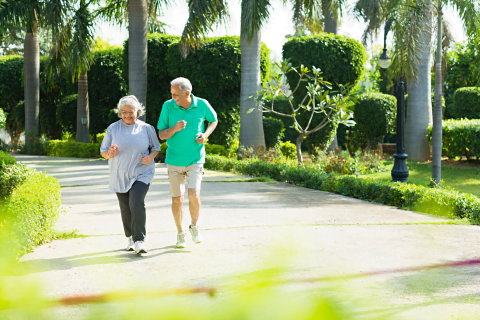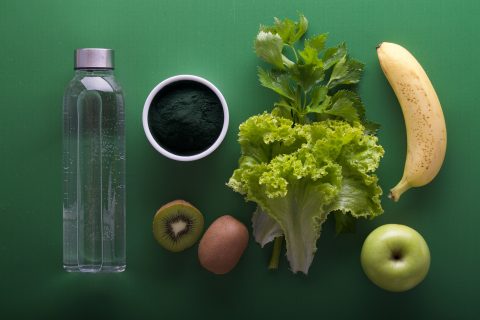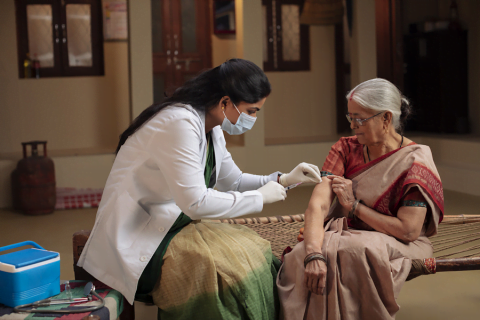Let’s discuss healthy ageing! Understanding how to age effectively is crucial for anybody interested about their own health, concerned for others, or fascinated by the ageing process. This article will provide you with knowledge, practical tips, and ideas to make the most of every phase of life.
Understanding Healthy Ageing
Ageing. The word alone conjures up notions of slowing down, of living in whispers rather than yells. What if we flipped the script? Healthy ageing does not imply the absence of wrinkles or the surrender to a rocking chair. Healthy ageing is a journey rather than a destination. It’s about taking a holistic approach to life and nourishing our bodies, minds, and spirits.
Defining Healthy Ageing
It isn’t only about avoiding wrinkles and being healthy. Healthy ageing is the active pursuit of your best life. Consider a keen mind, a strong body, and a thriving community, all of which work together to keep you feeling great far into your senior years. Making good choices now can lead to a future full of energy, purpose, and the ability to appreciate everything life has to offer.
Ageing in simple words
At its heart, ageing is a normal part of existence. It refers to the physical, psychological, and social changes that occur between infancy and adulthood. While ageing gives wisdom and experience, it also poses problems, such as decreased physical strength and cognitive changes. However, with the right mindset and approach, ageing can be a rewarding and enlightening experience.
Importance of ageing
Ageing is more than just a biological process; it defines our identities and influences our contributions to society. Age brings knowledge, resilience, and a greater awareness of life’s complexities. By embracing the ageing process, we can leave a lasting legacy and inspire future generations.
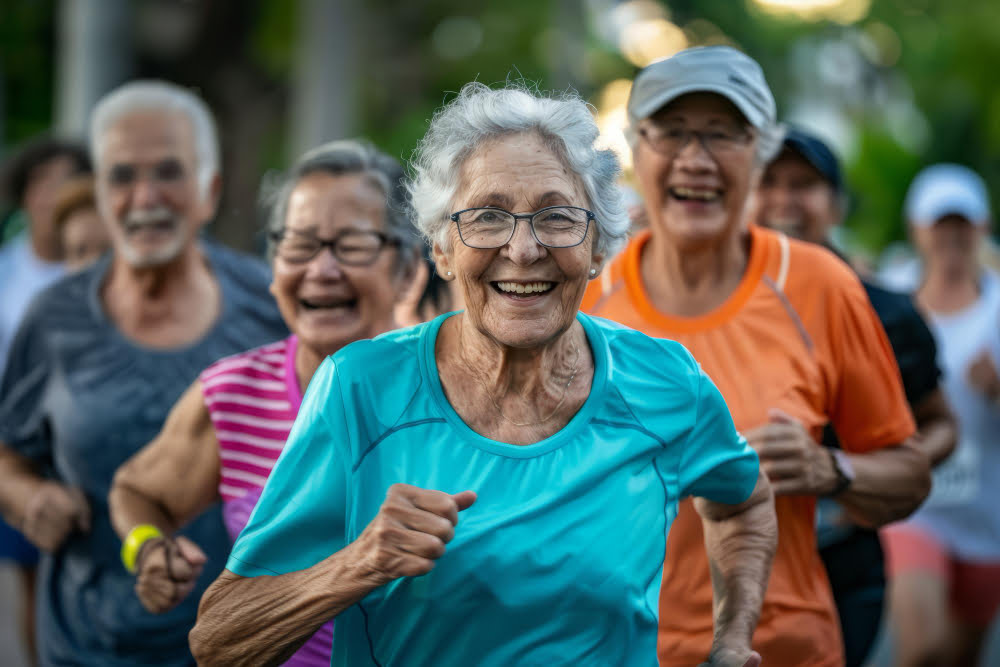
Exploring the types of ageing
Ageing is a multifaceted experience with distinct consequences. Chronological ageing represents the passage of time, whereas biological ageing shows changes at the cellular level. Psychological ageing includes changes in cognition, emotion, and social dynamics. Understanding these aspects allows us to navigate the ageing process with greater clarity and awareness.
Types of ageing:
Chronological ageing: This is simply the number of years you’ve lived. It’s the ticking clock of life, marking the passage of time since birth.
Biological ageing: This goes deeper, concentrating on the cellular changes that occur within your body. It explains how your cells work and repair themselves over time, which affects your physical health and ageing.
Psychological ageing investigates changes in how you think, feel, and interact with the environment around you. It includes changes in memory, emotional regulation, and social dynamics as you age.
Unveiling facts about ageing
As we become older, we learn a lot more. This data, which includes everything from lifespan increases to demographic fluctuations, helps us understand and prepare for the changing terrain of ageing, both for ourselves and for our communities.
Here are some key facts about ageing:
- The global population of older adults is growing, with estimates for a large increase in the next decades.
- Life expectancy has consistently increased during the last century, owing to advancements in healthcare, nutrition, and lifestyle.
- Cardiovascular disease, arthritis, diabetes, and dementia are some of the most common age-related health disorders.
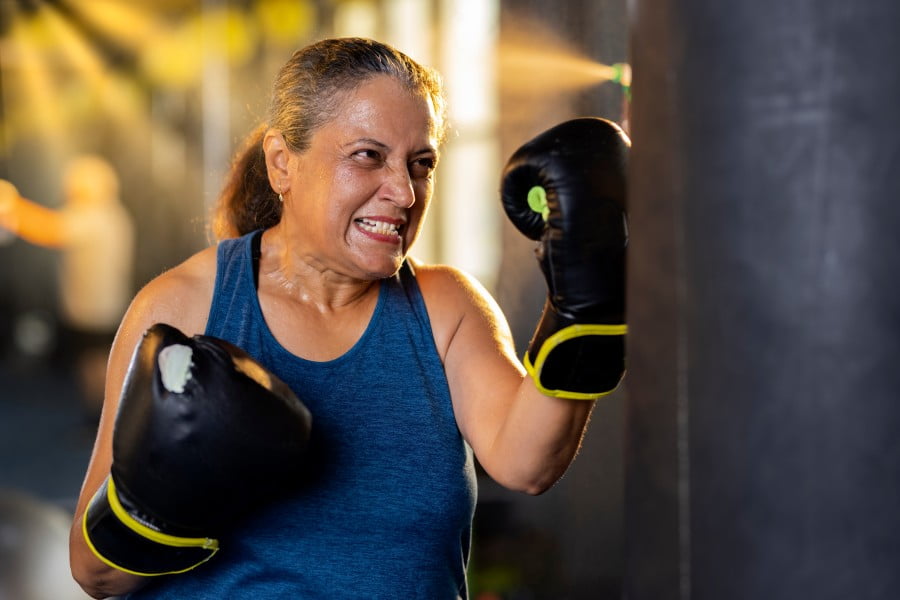
Characteristics of positive ageing
Positive ageing is not about opposing the natural progression of time. It’s about embracing change and leveraging it for growth. It’s about being adaptable, recovering from setbacks, and valuing the relationships that enhance our lives. With purpose and passion as our guides, we can gracefully navigate life’s later stages and make every moment count.
Resilience is the ability to recover from obstacles and setbacks, gaining strength and growth in the face of adversity.
Adaptability means accepting change and adjusting to new situations with flexibility and a good attitude.
Meaningful Connections: Building solid ties with loved ones, establishing a sense of belonging, and providing social support.
Purpose and Passion: Discovering activities and goals that bring you joy and fulfilment, and live each day with enthusiasm and purpose.
Embracing positive ageing
The secret to positive ageing is to embrace age rather than reject it. It’s about cultivating an attitude of thankfulness, resilience, and opportunity, regardless of the obstacles we confront. By changing our attitude about ageing, we open up a world of possibilities for growth, fulfilment, and joy.
Visualising healthy ageing
What does healthy ageing look like? Imagine a beautiful tapestry of life, woven with strength, knowledge, and joy. It’s the sparkle in an elder’s eye as they share stories from the past, the spring in their step as they set out on new experiences, and the warmth of their hug as they enjoy times with loved ones. Healthy ageing is more than just existing; it is thriving in every sense.
Striving for good ageing
Beyond simply ageing properly, the goal of good ageing is a dedication to enjoying life to its full potential. It is about caring for our physical, mental, and emotional well-being, and approaching each day with joy and purpose. Prioritising self-care and personal growth prepares us for a fulfilling and contented life in our later years.
Navigating blood pressure changes
Our bodies vary in a variety of ways as we get older, including changes in blood pressure. Understanding these shifts is critical to sustaining cardiovascular health and overall well-being. Individuals can reduce the risks of age-related hypertension and improve their heart health by making lifestyle changes and taking preventive measures.
Focusing on bone density
Optimal bone health is essential for sustaining mobility and independence in old age. Our bones, often taken for granted, are the silent providers of our movement and independence. As we become older, their density naturally decreases, increasing the risk of fracture. But here’s some good news: bone health isn’t just a spectator in the ageing process. We may actively increase bone resilience by include calcium-rich meals, vitamin D supplements, and weight-bearing activities in our daily routines. It is a proactive method that enables us to not just mature, but also thrive, ensuring a dynamic future full of adventure and exploration. Remember that strong bones are the foundation for a strong and independent self, ready to face anything life throws at you.
Dietary considerations for Healthy Ageing
Nutrition is the cornerstone of healthy ageing, empowering you to live life to the fullest.
Here’s a quick guide to keep your body thriving:
Hydration Hero: Make water your best friend! Aim for eight glasses daily to support digestion, nutrient absorption, and overall well-being.
Fruits are nature’s treat, loaded with vitamins and antioxidants!
- Berries: Blueberries, strawberries, and raspberries are packed with flavour and heart-healthy benefits.
- Citrus fruits such as oranges and grapefruits are high in vitamin C, which can help enhance your immune system.
- Other Fruits: Apples, bananas, grapes, and kiwi provide a delicious combination of sweetness and essential nutrients
Vegetables provide your daily dose of vitamins, minerals, and fibre!
- Leafy greens like spinach, kale, and Swiss chard are vital for strong bones and clear vision.
- Cruciferous vegetables include broccoli, cauliflower, and Brussels sprouts, which are high in antioxidants and may provide health advantages.
- Carrots, peppers, tomatoes, and sweet potatoes are a few colourful vegetables that also provide essential nutrients.
Lean Proteins: are the building blocks for strong muscles!
- Skinless Poultry: Chicken and turkey are low-fat options that will keep you feeling full and energised.
- Fish such as salmon, tuna, and trout are high in omega-3 fatty acids, which are good for the heart and brain.
- Plant-Based Protein Powerhouses: Tofu and legumes (beans, lentils) are excellent sources of protein and fibre for vegetarians and vegans.
- Other options include eggs and lean cuts of beef or pig, which can be consumed in moderation as part of a balanced diet.
Whole grains provide your body with prolonged energy!
- Quinoa, brown rice, and whole wheat bread: These complex carbohydrates provide long-lasting energy and important nutrients.
- Other Whole Grain Options: Muesli, barley, bulgur, and whole grain pasta are all wonderful and flexible ways to incorporate fibre into your diet.
Do not ignore these power players:
- Nuts and seeds: Almonds, walnuts, and chia seeds provide healthy fats as well as protein and fibre.
- Low-fat dairy products, such as Greek yoghurt and skim milk,provide calcium for strong bones and protein for muscle health.
- Healthy fats such as olive oil and avocado boost heart health while also adding richness to your dishes.
Prioritising health in older age
Maintaining our health and vitality as we age takes on new meaning. It’s not only about avoiding illness; it’s about actively building a healthy lifestyle.
- Stay physically active by doing something you enjoy, including walking, swimming, or gardening.
- Prioritise sleep and relaxation to improve cognitive performance and general health.
- Maintain social relationships with friends, family, and community groups to overcome loneliness and isolation.
- Seek frequent medical checkups and screenings to keep track of your health and address any issues as soon as possible.
- Mindfulness and stress management strategies can help you develop emotional resilience and well-being.
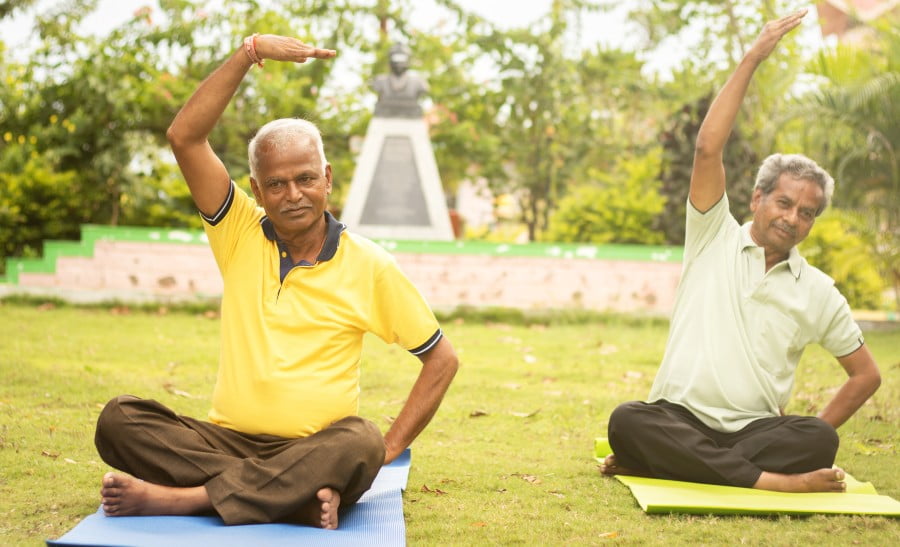
Offering tips for Healthy Ageing
Promoting good ageing is a journey that begins with simple initiatives and daily decisions. There are numerous strategies to improve our well-being as we age, including staying active and involved, making social relationships, and obtaining professional advice. Individuals who adopt these guidelines and tactics can go on a journey of energy, resilience, and joy.
This multifaceted approach involves three key pillars:
- Move your body: Regular physical activity is an essential component of healthy ageing. It keeps you strong, agile, and independent, allowing you to pursue your favourite activities. Find activities to exercise your body and raise your heart rate almost every day of the week, from brisk walks and moderate yoga to dancing or swimming.
- Fuel your body wisely: Eat a balanced diet rich in fruits, vegetables, whole grains, and lean proteins. Do not forget to remain hydrated! This supplies critical nutrients to keep your body working properly and promotes general health.
- Prioritise preventative care: Regular visits to your doctor are essential for early detection and management of any potential health issues. It also provides an opportunity to discuss preventive measures and screenings that are tailored to your unique requirements. By taking a proactive attitude to your health, you can set yourself up to enjoy a longer and healthier life.
Prioritising exercise for older people
Physical activity is essential for healthy ageing, since it promotes strength, flexibility, and vitality. Regular exercise can help older people improve their mobility, reduce their risk of chronic diseases, and enhance their overall quality of life. From easy walks to tai chi and yoga, there is an exercise plan for every age and fitness level.
Understanding risk factors for ageing
While ageing is inevitable, several risk factors might worsen its impact on health and well-being. Sedentary lifestyles, bad eating habits, and genetic predispositions can all accelerate ageing and increase the risk of age-related disorders. Individuals can take control of their health and improve their ageing journey by proactively identifying and addressing these risk factors.
Experiencing the joys of Healthy Ageing
Despite the obstacles and uncertainties of ageing, there are endless opportunities for joy, fulfilment, and growth. From following lifelong passions to cherishing times with loved ones, healthy ageing celebrates life’s rich tapestry. Individuals who embrace each day with thankfulness and excitement can savour the beauty of ageing and live their latter years to the fullest.
Recognising the impact of the ageing population
As the twenty-first century begins, we face a major demographic shift: an ageing population. With advances in healthcare and technology leading to longer life expectancy, the global population of elderly people is increasing. While this demographic milestone demonstrates human progress, it also provides new problems and opportunities.
Exploring age and physical activity
Age is just a number, but it can have a significant impact on our physical function and mobility. As we progress through life, our bodies naturally change, which can have an impact on our exercise ability and overall well-being. Individuals, with education and perseverance, can overcome age-related limitations and live an active lifestyle long into their older years.
Age and Exercise Capacity
Our exercise capacity may drop with age due to variables such as decreased muscle mass, cardiovascular function, and flexibility. However, regular physical activity can help offset these consequences by improving cardiovascular health, strengthening muscles, and increasing flexibility and balance.
Physical Function and Mobility
Changes in physical function and mobility as we age might make it difficult to maintain an active lifestyle. From joint stiffness to diminished balance and coordination, these changes can impair one’s capacity to participate in particular activities. However, by combining gentle workouts like walking, swimming, or yoga, people can maintain mobility and improve overall function.
A: Key factors include regular exercise, balanced nutrition, mental stimulation, social engagement, adequate sleep, and access to healthcare services.
A: By staying physically and mentally active, nurturing social connections, maintaining a positive outlook, managing stress, and engaging in activities that bring joy and fulfilment.
A: Older adults can improve their health by adopting a healthy diet, engaging in regular physical activity, avoiding smoking and excessive alcohol, managing chronic conditions, and prioritising mental health.
A: Yes, preventive measures include maintaining a healthy weight, monitoring blood pressure and cholesterol levels, getting recommended screenings, staying mentally active, and avoiding smoking.
A: Social support reduces loneliness, boosts mood, provides practical help, and may lower the risk of chronic diseases.
A: Good mental health supports cognitive function, resilience, and overall well-being as we age.
A: Yes, a balanced diet rich in fruits, vegetables, whole grains, lean proteins, and healthy fats supports overall health and vitality in older adults.
A: Staying physically active improves strength, flexibility, cardiovascular health, mental well-being, and overall quality of life.
A: Yes, technology can aid older adults by providing access to healthcare information, telemedicine services, social connectivity, and assistive devices for daily living.
A: Resources include community health centers, senior centers, online healthcare portals, caregiver support groups, and government programs like Medicare and Medicaid.

